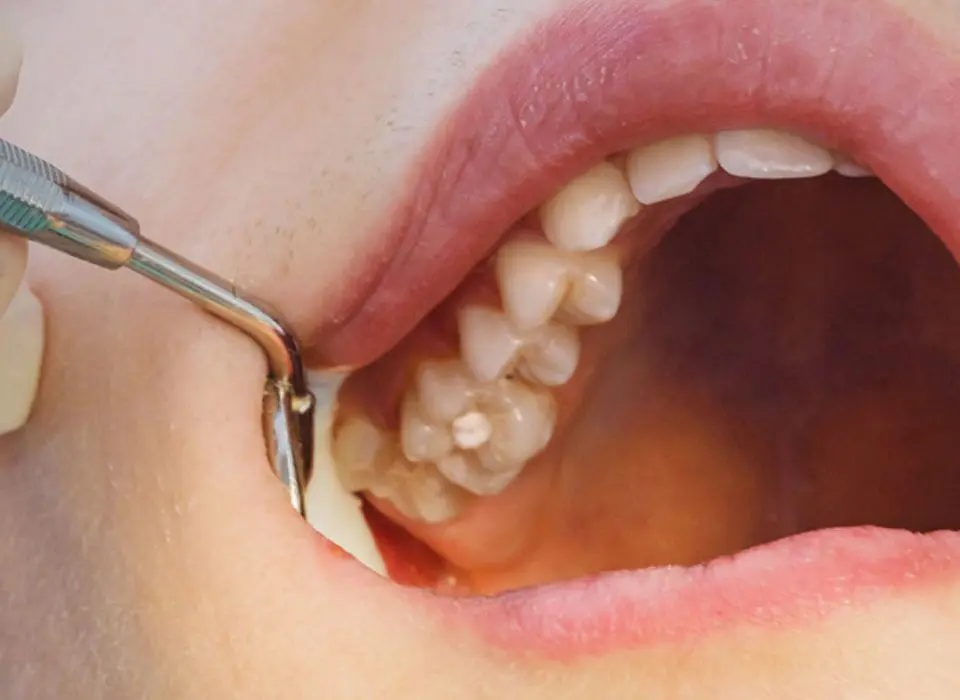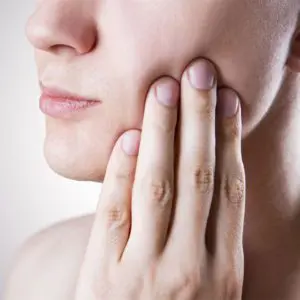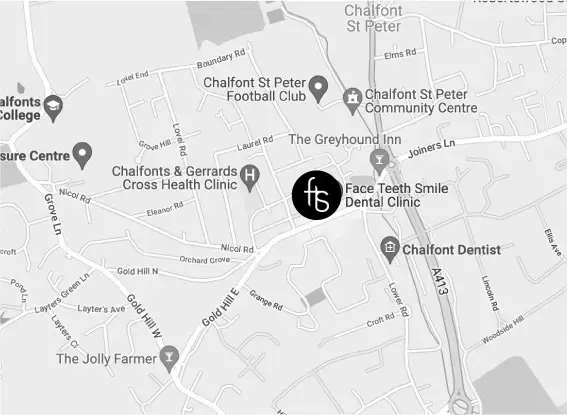General
What Happens When You Don’t Brush Your Teeth?

We should do it twice a day, every day – but what happens when you don’t brush your teeth regularly? We’ll look at the immediate and long-term effects that might make you think twice the next time you’re considering skipping that all-important cleaning routine.
Brushing your teeth can be an arduous task, especially late at night when you’re tired or in the morning when you’ve missed your alarm and you’re eager to leave the house. But not sparing just two minutes each morning and night to take care of your teeth and gums could have greater consequences than arriving at work late.
At Face Teeth Smile, we know teeth inside out, literally. We specialise in cosmetic dentistry, general dentistry and preventative measures for all kinds of oral health conditions.
You can find out more about our treatments here, or book a consultation if you’re concerned about the overall health of your teeth and gums.
How Bad Can Not Brushing Your Teeth Be?
Everyone is guilty of forgetting to or choosing not to brush their teeth every once in a while. But neglecting to brush your teeth regularly could have serious consequences for your oral health.
When you don’t brush your teeth regularly, plaque and bacteria build up on the surface of your teeth, leading to a variety of dental issues.
Bad Breath
One of the immediate effects of not brushing your teeth is bad breath. The bacteria in your mouth produce sulphur compounds that cause an unpleasant odour. This can be embarrassing and affect your confidence in social situations.
Tooth Decay and Tooth Loss
Over time, the accumulation of plaque can lead to tooth decay and cavities. Plaque is a sticky film that contains harmful bacteria. These bacteria produce acids that erode the enamel, the protective outer layer of your teeth. If left untreated, cavities can progress deeper into the tooth, causing pain and resulting in potential tooth loss.
Gum Disease and Periodontal Disease
Another consequence of neglecting oral hygiene is gum disease. Plaque buildup along the gumline can irritate and inflame the gums, leading to gingivitis. If left untreated, gingivitis can progress to periodontitis, a more severe form of gum disease that affects the tissues supporting the teeth. This can result in gum recession, tooth mobility and even tooth loss.
Serious Health Problems
Aside from bad breath, tooth decay and gum disease, some people may be surprised to know that poor oral hygiene has been linked to other health issues beyond just dental problems. Research suggests that gum disease may increase the risk of systemic conditions such as heart disease, diabetes, respiratory infections and complications during pregnancy.
How Often Should I Brush My Teeth?
Dentists and oral health experts universally recommend brushing your teeth at least twice a day – once in the morning and once before bed. This routine helps remove plaque, bacteria and food particles that accumulate throughout the day, preventing tooth decay, gum disease and bad breath.
In addition to brushing twice daily, it is also advisable to brush after consuming sugary or acidic foods or beverages. These substances can erode tooth enamel and increase the risk of cavities. By promptly removing these harmful substances from your teeth through brushing, you can minimise their damaging effects.
What Else Can I Do To Protect My Oral Health?
While regular brushing is vital for maintaining oral health, it can be complemented with other essential practices such as flossing daily, using mouthwash and visiting your dentist regularly for professional cleanings and check-ups.
Poor dental hygiene is often a result of bad habits so you may need to make a conscious effort to apply proper oral care practices until they become part of a daily routine.
Tips for good oral hygiene
Poor oral health can be tricky to fix, so we always encourage our patients to take preventative steps to mitigate the risks to dental health.
- Brush your teeth regularly to remove trapped food debris
- Use fluoride toothpaste and mouthwash to protect against cavities and dental infections
- Follow a healthy diet and limit sugary foods
- Avoid nicotine and tobacco products
- Consider using an electric toothbrush
Get in Touch
If you’re concerned about poor dental hygiene, the best next step is to contact your local dentist for a check-up. Your dental health is just as important as your overall wellbeing and addressing poor oral health could prevent other health problems further down the line.
You can get in touch with Face Teeth Smile online or give us a call on +44 (0) 020 4525 9665. Alternatively, drop us a line at info@faceteethsmile.com.

